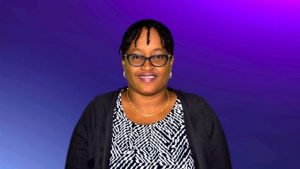 Since the restructured Poverty Alleviation Programme (PAP) was rolled out six months ago (January to June 2023), administrators have received greater appreciation of the dynamics that each beneficiary household faces which has resulted in improved services for those in need of assistance.
Since the restructured Poverty Alleviation Programme (PAP) was rolled out six months ago (January to June 2023), administrators have received greater appreciation of the dynamics that each beneficiary household faces which has resulted in improved services for those in need of assistance.
Households earning less than $3,000 per month are the primary eligibility factor that qualifies households to benefit. After the re-registration process was completed, priority was given to assisting households headed by seniors, persons with a disability, and persons with children in the first instance.
Azilla Clarke, Permanent Secretary in the Ministry of Social Development, said that the restructuring process gave a clear definition of a household, which reduced inconsistencies that previously existed.
“The previous PAP application did not ask for you to list the members in your household. It just asked for a number, so that way we had a lot of duplicate households, in that more persons in the household were receiving the benefit when it is a household benefit. So now we are able to validate that at every step,” PS Clarke stated.
The addition of case management, where a social worker regularly engages members of the household, also has proven valuable.
“Having a person actually check in with the individual to understand their situation and therefore connect them with additional services and opportunities available through the state system, private sector as well as civil society” is important, said the permanent secretary.
Greater insight collected from the households is also being used to help policymakers understand how society’s less vulnerable are living in a post-COVID environment. This information lends to the creation of new benefits, services, and programmes to assist those in need.
